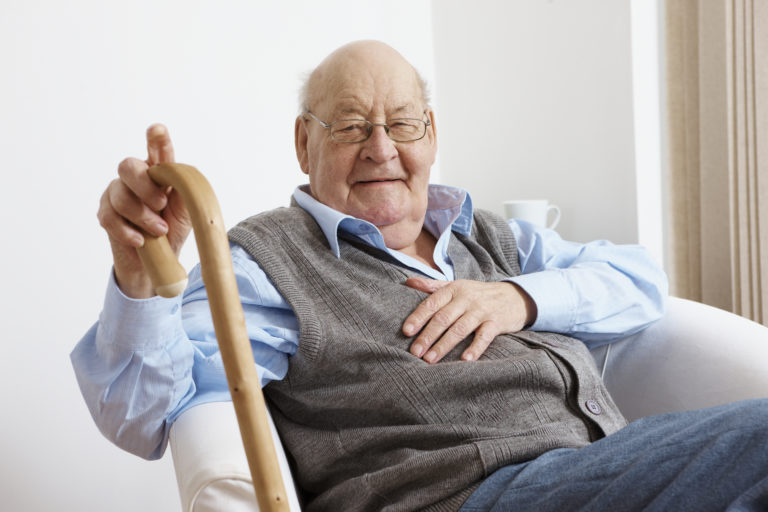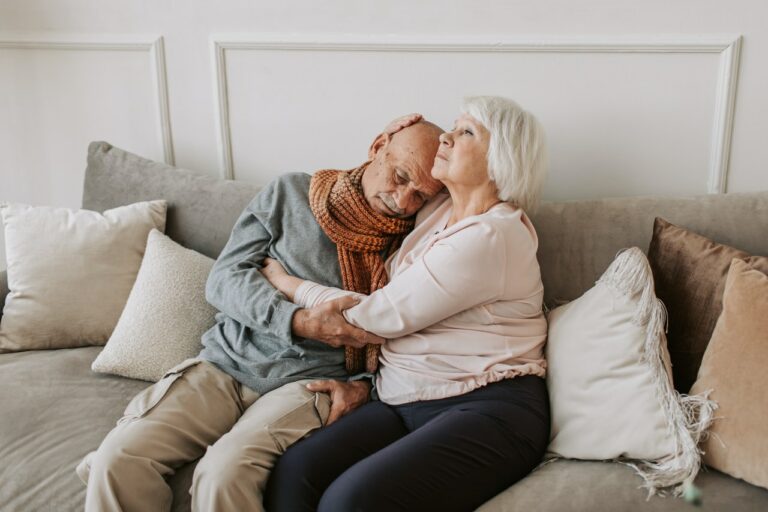
Should I Have a Do-Not-Resuscitate (DNR) Order?
It’s important to include both your health care provider and family members when discussing a living will and the choice to have CPR or do-not-resuscitate (DNR) orders.

It’s important to include both your health care provider and family members when discussing a living will and the choice to have CPR or do-not-resuscitate (DNR) orders.

While there’s no sure way to prevent dementia, strong evidence shows that a healthy lifestyle can significantly reduce your risk of cognitive decline as you age.

Caregiving is hard, but don’t let your home make it harder.

Seniors often don’t get enough sleep. Learn how much sleep seniors need, the reasons you might not be sleeping enough and some ways to help get a full night’s sleep.

Is it possible that grief is implicated in illness and a higher risk of death?

A slower walk as you age has always been a warning sign of increasing frailty that could lead to falls and other disabilities, experts say. Emerging research in small groups of elderly subjects has also found that a slower gait from year to year may be an early sign of cognitive decline.

Some signs of Parkinson’s disease are ones most of us recognize, such as tremor and trouble walking. However, very early signs of the disease, which can appear a decade or more before the disease presents in more obvious physical forms, are often mistaken for something else. They can also be mistaken for regular signs of aging.

Recent studies have investigated preventative measures for dementia.

Sleeping too little or too much is associated with poorer cognitive performance and mental health.

As awareness of dementia has grown, a startling fact has come to light: Nearly half of all older adults — 47% — die with a diagnosis of that condition on their medical record, according to research out of the University of Michigan and published in JAMA Health Forum.